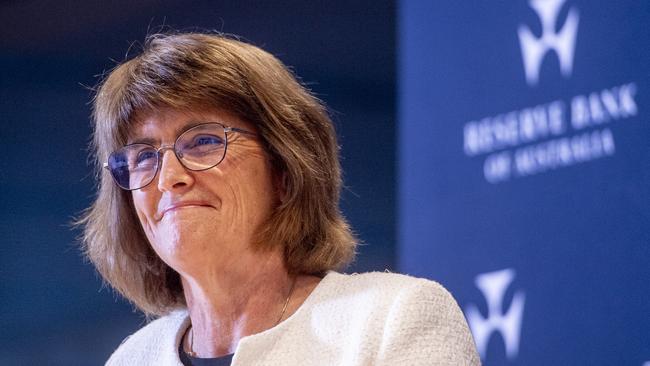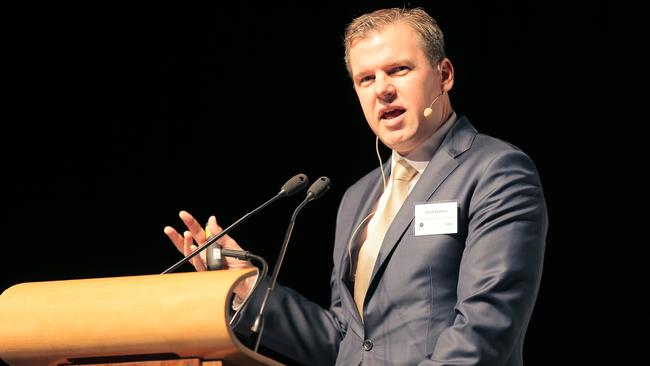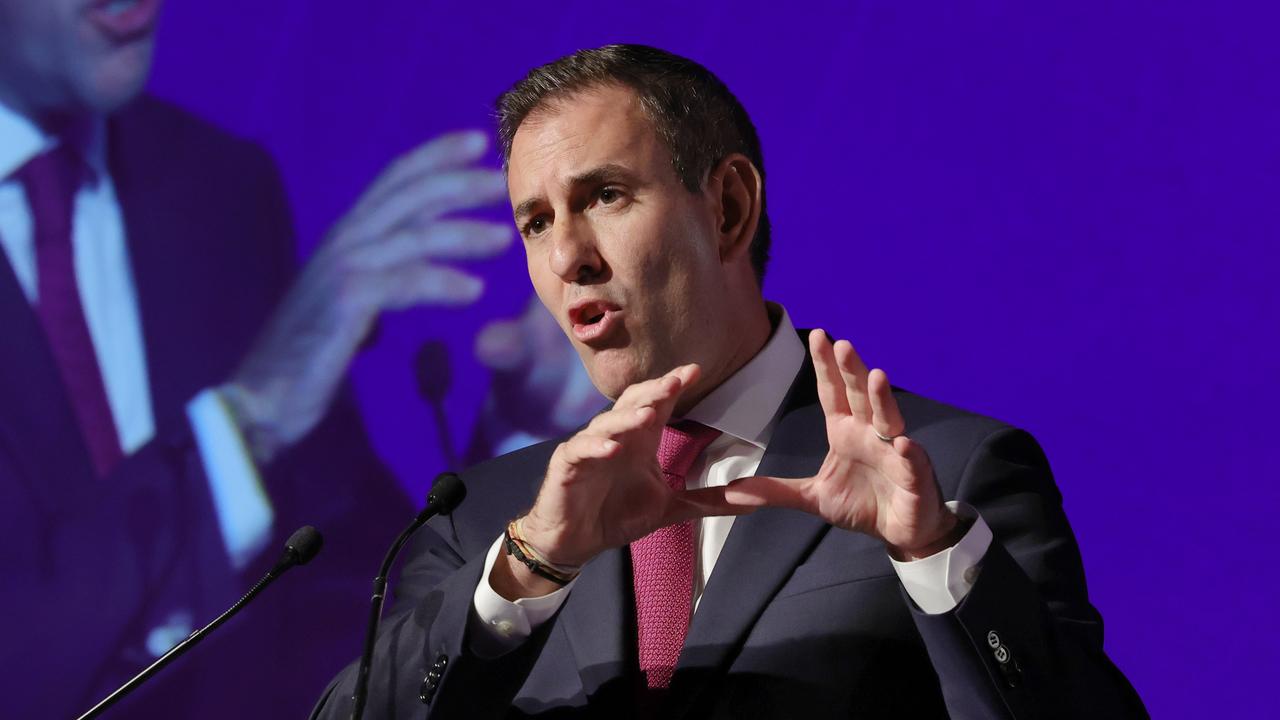ASX-listed CFOs predict turning point for economy: Deloitte
Finance chiefs at Australia’s largest listed companies are confident that the economy will turn around in 2025 on expectations of easing inflation and households deploying their cash savings.

Leading chief financial officers believe the economy is nearing a turning point, with confidence lifting at its fastest rate since the end of the pandemic on rising expectations of revenue and profit growth.
Deloitte’s biannual CFO Sentiment survey of 66 ASX-listed CFOs since 2009 shows net optimism about the economy had surged by 12 percentage points in six months to record its first positive reading since 2022.
Meanwhile, net optimism about business prospects lifted by nine percentage points to 65 per cent, a level also not seen in two years.
The survey results followed the Reserve Bank on Tuesday holding the cash rate at 4.35 per cent, while offering hope of interest rate reductions in 2025 after governor Michele Bullock said she was more confident that inflation was easing, and she abandoned her previous threat of lifting rates even higher.
Deloitte Access Economics partner David Rumbens said many CFOs saw Australia switching to a recovery phase, with focus shifting inward and the inability to execute strategies and securing and retaining key talent top of mind.
“Businesses are expecting that in the next 12 months the economy is starting to move slightly beyond a neutral point in terms of their performance,” he said. “There has been a mindshift from overwhelmingly worrying about the economy to one that while it is not great, they are neutral.
“We know that consumers have been building up savings buffers and that’s starting to translate into some extra spending. Businesses could be sensing that there’s some additional spending capacity happening across the economy.”

The survey, conducted in November, marks a notable shift in CFOs’ top perceived risks and comes against the backdrop of a paltry 0.3 per cent economic growth rate in the September quarter, driven by a 2.4 per cent uplift in government spending amid the nation’s longest per capita recession on record.
Despite the economic slowdown, the threat of a downturn has slipped from first place to fifth, supplanted by fears of being unable to execute on strategies.
Securing and retaining key talent took second place, while risks surrounding change in regulations or government policies shot up to third amid the wash-up from the US presidential election and the looming federal election.
Mr Rumbens said the reshuffle aligned with CFOs’ improving sentiment towards business prospects, particularly as more CFOs became less pessimistic about the economic outlook.
“Last week’s national accounts data highlights just how tough conditions are in the here and now: annualised GDP growth was the lowest on record since 1991 (excluding Covid) for the second quarter in a row,” he said.
“But the economic outlook is better for the year ahead – particularly once inflation eases a little further to allow for rate cuts and spark stronger consumer spending and business investment.”

Increased optimism follows a period of high inflation and consecutive interest rate rises, which affected CFOs’ confidence in the financial prospects of their company and the economy. Historically, CFO confidence has been most affected soon after major changes in economic conditions that drive greater uncertainty, such as the onset of the pandemic and the initial inflationary period.
The survey showed that 65 per cent of CFOs expected inflation to remain between 3 per cent and 4 per cent by the end of 2025, which was above the RBA’s target band of 2-3 per cent. The most recent forecasts published by the RBA in November do not see inflation returning sustainably to the midpoint of the target until 2026.
Mr Rumbens said that, while interest rates were an important catalyst for growth, there was signs from CFOs that it may not be the trigger for a recovery in the economy, with more businesses now focused on internal matters such as talent and executing strategies.
“Interest rate movement is a lower risk now,” he said.
“There’s still a broad expectation that rates are getting cut in the first half of next year, and so probably most CFOs have that in their mind. Thinking 12 months ahead, you’ve got an environment where inflation is finally contained back, back at or very close to the Reserve Bank’s target, and rates have peaked and started to head down.”
CFOs are continuing to become more optimistic about the transformative potential of Gen AI, with 47 per cent expecting the technology to transform their finance function in the next two years compared to 33 per cent six months ago.

Deloitte partner and CFO program leader Stephen Gustafson said AI adoption was constrained by talent resources and capabilities, and a proper understanding of the technology and its benefits.
“These problems can only be overcome if AI is embedded into the leadership agenda with clear accountability, alignment on risk appetite, agreed priorities and strategic investment choices,” he said.
“This suggests that while CFOs are cautiously optimistic, good times are far from guaranteed. CFOs have recent, first- hand experience of how quickly economic conditions can change, and a range of uncertainties still weigh heavily on the year ahead.”




To join the conversation, please log in. Don't have an account? Register
Join the conversation, you are commenting as Logout